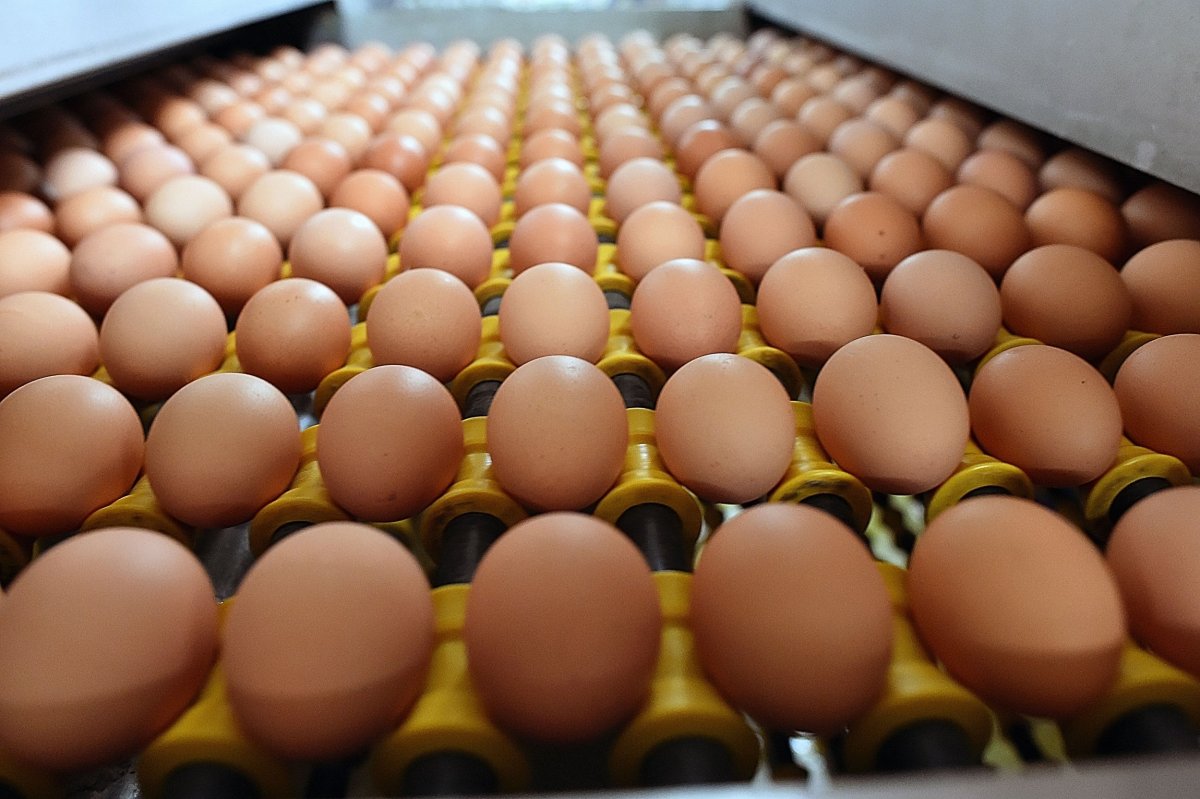Heart disease is the leading cause of death among men and women in the U.S., killing some 610,000 people every year. Diet has enormous implications for heart health, and certain foods have been recommended for their positive effects—vegetables, whole grains and oily fish, for example. Could eggs be the next heart-healthy food?
A study of about half a million Chinese adults has linked the consumption of up to one egg a day with a lower risk of heart disease and stroke. The research was published in the journal Heart.
However, outside experts urge caution.
Study participants eating up to one egg a day had a 12 percent lower risk of ischemic heart disease than those who reported never, or hardly ever, cracking into an egg. Participants' average age was 51, and at least half were followed for nine years. At the start of the study about 13 percent ate eggs just about every day, while nine percent avoided them.
The risk of hemorrhagic stroke—a type more common in China than high-income countries—was also 26 percent lower than those who didn't eat eggs. The risk of death from cardiovascular disease—which could be caused by things like heart attack and stroke—was 18 percent lower in egg-eaters.
"The present study finds that there is an association between moderate level of egg consumption (up to one egg/day) and a lower cardiac event rate," the authors wrote.

This is good news for the humble egg, which has received a bad reputation in the past for its cholesterol content. Now, doctors think eggs have only a small effect on blood cholesterol levels compared to saturated fats, for example.
Read more: Science's Easter egg hunt: What makes an eggshell crack?
But, don't jump for the egg box and frying pan just yet. The research is limited in a number of ways. The study says nothing about the impact of eating more than one egg a day, for example, and its results may not easily transfer from a Chinese to U.S. population.
"The researchers accounted for many dietary and other behaviours in their analyses, but it is important to emphasize that eggs are not eaten in isolation," Nita Forouhi from the University of Cambridge said in a statement. "Overall healthy or unhealthy dietary patterns will always matter."
Researcher Gavin Sandercock from the University of Essex, UK, urged caution when reading the results. "If you study enough people you can find a correlation between almost anything," he said in the statement. "To say that eating eggs is good (or bad) for you based on a study like this would be foolish as diet is much more complicated than picking on one foodstuff like eggs."
Read more: Recalled salmonella eggs: plant numbers, how to kill bacteria
Although it's uncertain how much impact eggs will have on heart health, behavioral changes like increasing activity or stopping smoking, he said, are known to substantially cut cardiovascular disease risk.
"Should we all start eating more eggs?" Sandercock added. "Eggs are a good, relatively sustainable source of protein but the complex nature of diet and the myriad other factors that affect heart disease means eating eggs is unlikely to a make any difference to our health."
As part of a balanced diets, eggs are a great source of a number of important nutrients, Frankie Phillips of the British Dietetic Association told the BBC. "One—even two—a day is absolutely fine… People shouldn't be frightened of eating too many eggs."
Uncommon Knowledge
Newsweek is committed to challenging conventional wisdom and finding connections in the search for common ground.
Newsweek is committed to challenging conventional wisdom and finding connections in the search for common ground.
About the writer
Katherine Hignett is a reporter based in London. She currently covers current affairs, health and science. Prior to joining Newsweek ... Read more
To read how Newsweek uses AI as a newsroom tool, Click here.








